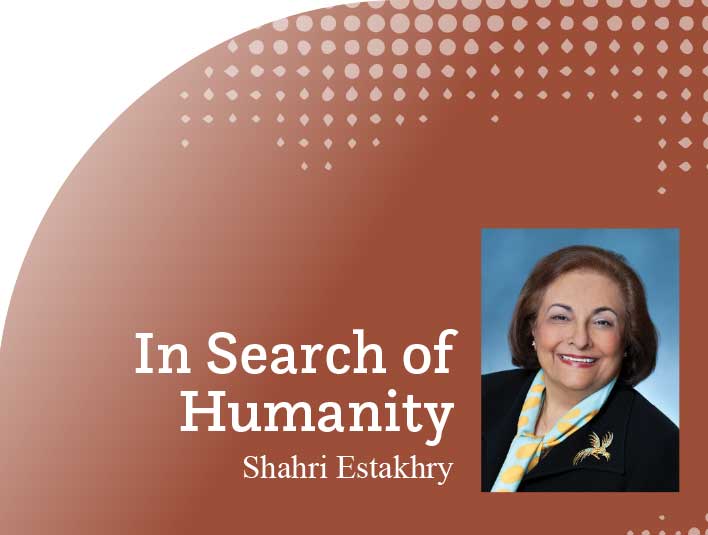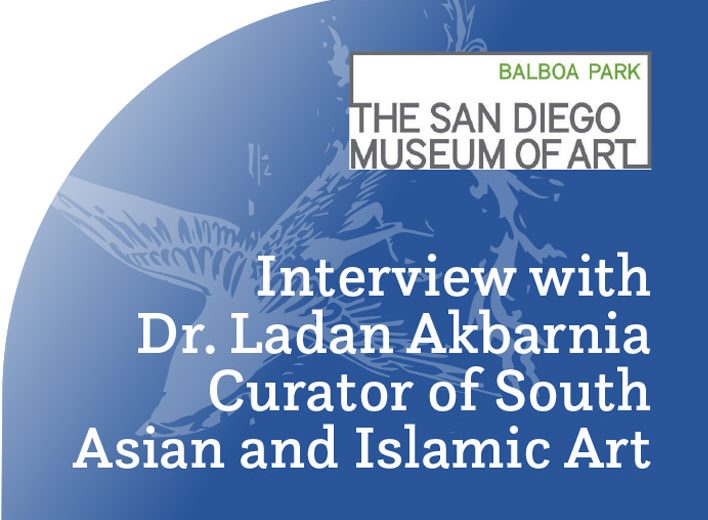In Search of Humanity
Shahri Estakhry
Hope. It is the element that human beings permit themselves for a better future. It is the force behind the impossible. It is the prayer to guide those lost in their surroundings, in impossible situations.
It was with this hope that thousands fled their homelands, leaving behind families and familiarities and, against all odds, got themselves to the gates of the United States, which they believed was the land of opportunity, justice, and humanity… with much hope for their future. At this point came the unspeakable tragedies that have stopped them and shocked the world, demolishing the respect and the credit this country had earned through its short history. Despite this nation’s history with slavery and genocide of indigenous Americans, it seemed, until recently, that this country was still striving to be this land of opportunity, justice, and humanity.
I have been working globally for the benefit of children in need for 48 years of my life. Children in need of education, children in need of good health, and foremost children in dire need of nourishment. According to UNICEF, hunger is the number one killer of children globally. I thought I had seen the worst that was possible to see until now. Witnessing the cruelty and inhumane standard we have adopted at our border gates is unbelievable. I never thought I would live to see such horrific cruelty. We all are seeing and reading about what is happening and yet many have chosen to be silent about it. We need to imagine ourselves in their places. So painful, so unreal to see families torn apart. The border images will remain with me for the rest of my life.
For a long time, I have strongly believed that U.S. immigration policy has no rhyme or reason. The present system we have is truly beneficial only to those who know how to use its flaws and loopholes. It is a broken system and a disgrace beyond words. This is not how the defenders of democracy and freedom should resolve problems.
Timothy D. Snyder, the Levin Professor of History at Yale University and author of the book On Tyranny: Twenty Lessons from the Twentieth Century, writes: “Anticipatory obedience is a political tragedy. Perhaps rulers did not initially know that citizens were willing to compromise this value or that principle.”
Today, we are at the crossroads of the tragedy of anticipatory obedience. What are you willing to compromise?


















